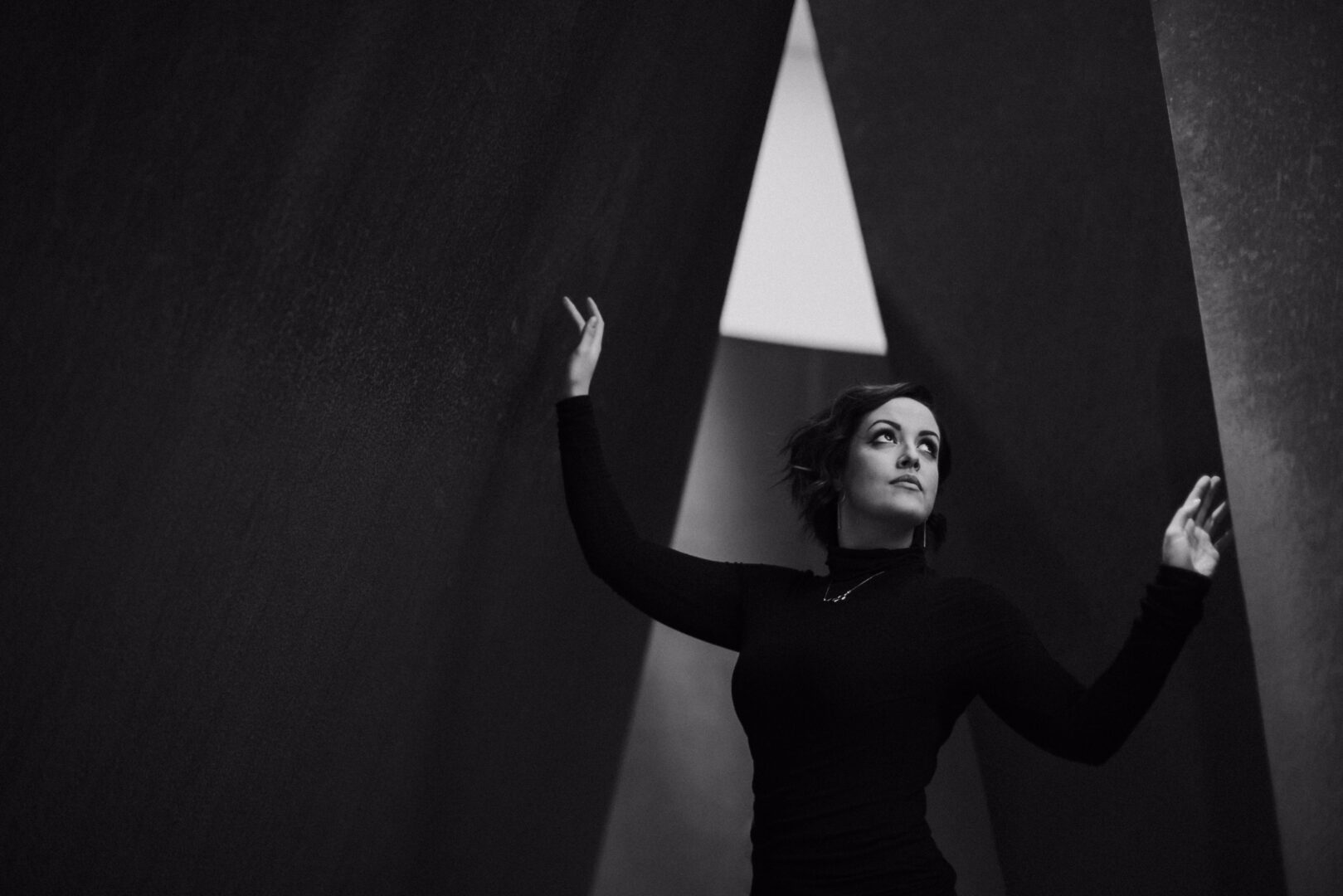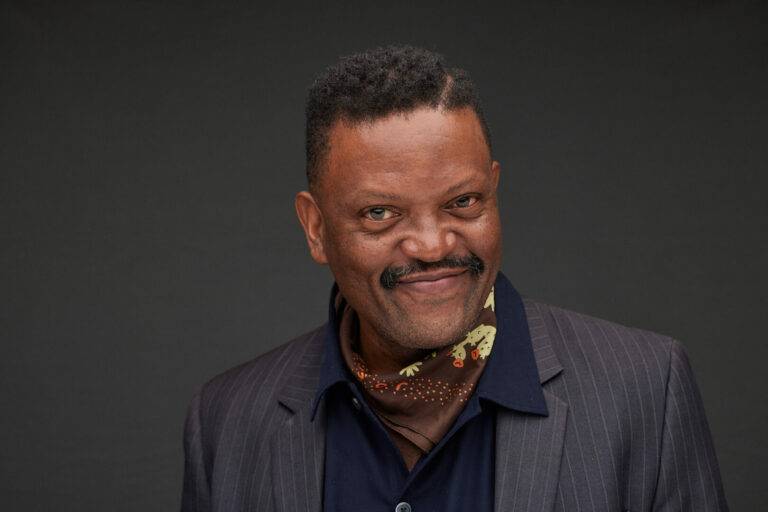We caught up with the brilliant and insightful Elissa Deline a few weeks ago and have shared our conversation below.
Elissa, so great to be with you and I think a lot of folks are going to benefit from hearing your story and lessons and wisdom. Imposter Syndrome is something that we know how words to describe, but it’s something that has held people back forever and so we’re really interested to hear about your story and how you overcame imposter syndrome.
I think I’ll always feel like an imposter, at least a little bit. I’ve never felt I have a knack for photography, I just happened to fall in love with it. But I have to work super hard to make photos that look anywhere even close to how I’d like them to. For me, it has often felt like I’ve stumbled upon a sequence of happy accidents that work well together to form a cohesive narrative or make me feel something. While it may have been intentional the moment I took the photo, in my head it still lives as this random occurrence that landed in the direction I was hoping. I think a lot of creatives feel this way, but for the longest time I felt like I was the only one. That it was just me fearing that I would be found out as a talentless hack, pretending like I know how to use a camera. There is so much talent out there; it can be easy to feel like you have no voice or vision when you’re comparing yourself against the whole, brilliant world.
Comparing ourselves to people who have their own unique perspectives can poison our creative self worth. The virtual spaces that we live in every day while on Instagram and TikTok are edited highlights. They’re not real. We don’t get to see the mistakes, the outtakes, the crushing moments, the unflattering light, the photos that were a bust. Those empty spaces that aren’t displayed are just as – or maybe even more crucial – to acknowledge than the work we’re proud of that we put out into the world, because it’s within those spaces that people play and figure out what works and what doesn’t. It’s okay to mess up. Actually, it’s profoundly important that we do mess up. Growth is uncomfortable. I remember having literal growing pains when I was a kid, which is natural. So, too, is the discomfort we feel when forging our creative voices.
Looking at where I started as a creator and documentarian, I know that I have grown. And I think that’s the only thing I can ask of myself, that I move forward and continue to build upon what I’ve learned. Acknowledging that growth and giving myself credit for my wins has helped to lessen the feeling that I’m an imposter in this industry.
The photography realm is saturated with such incredible talent. A couple of years ago I remember scrolling on Instagram and seeing all the amazing work that my photographer peers and mentors created and feeling like there’s no way I’ll ever be viewed in the same way. But then I realized that’s not the goal, I don’t want to be seen in the same way as my peers and mentors, I want to be different. I know that my work isn’t for everyone, but the goal isn’t to speak to everyone. It’s to hopefully find my way into the hearts of a few people who resonate with the way I see the world, because it speaks to their experiences and vision. So in hopes of hushing my internal critic, I muted the photographers I follow. Just for a little while. This helped me amplify my own voice rather than focus on everything that I wasn’t.
Making time for personal projects has been key as well. Looking for inspiration outside of the wedding photography world, for instance in fashion, movies, paintings, etc. I went back and examined why I picked up a camera in the first place; my love for photography was sparked by developing film and making prints in the darkroom when I was in high school. So I went back to film and put a big emphasis on making analogue photos.
I’m not sure I’ll ever be 100% comfortable in calling myself an artist and an actual professional photographer, but I know that being myself, finding my voice, and photographing the world as I genuinely see it is what has brought me the most fulfillment.
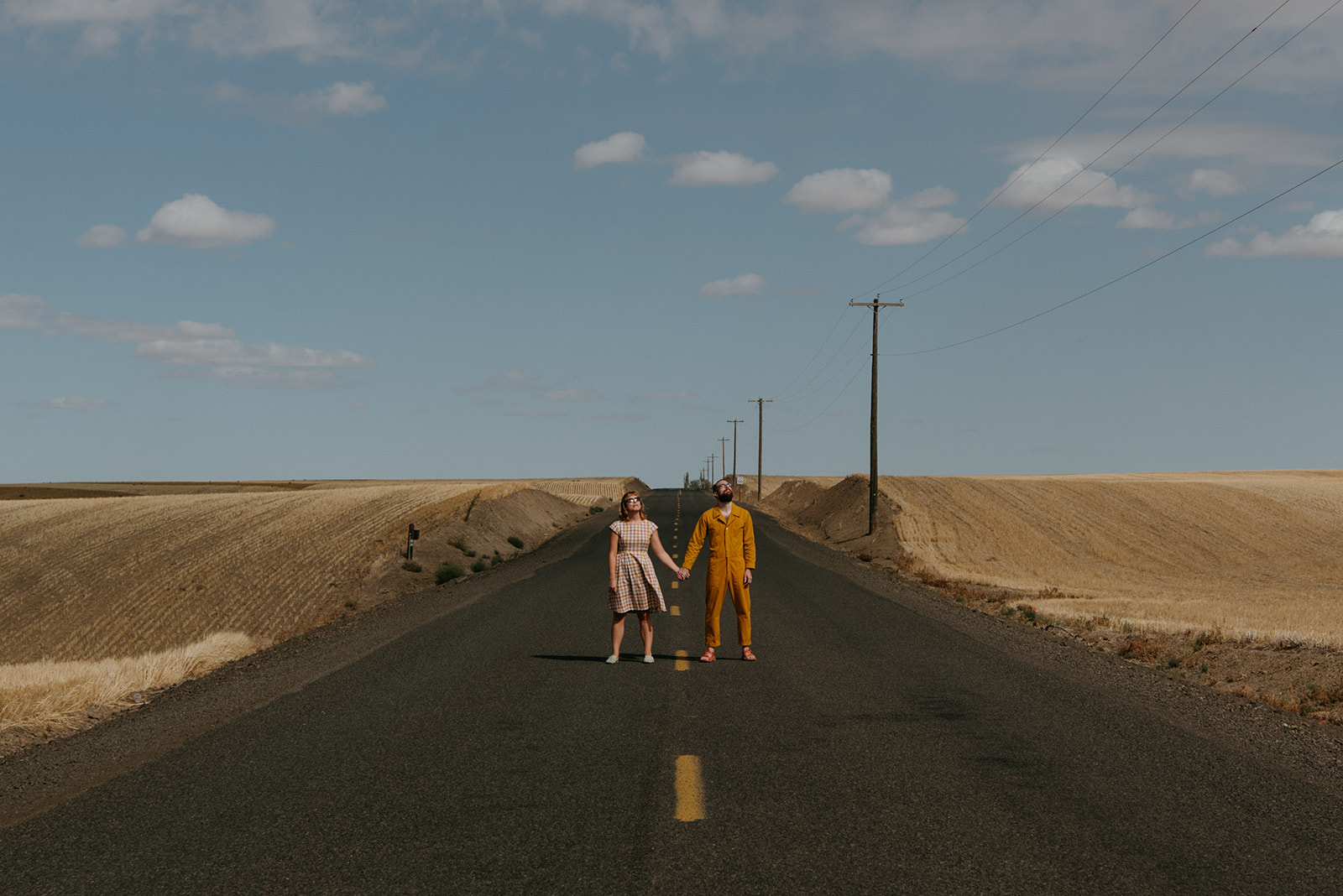
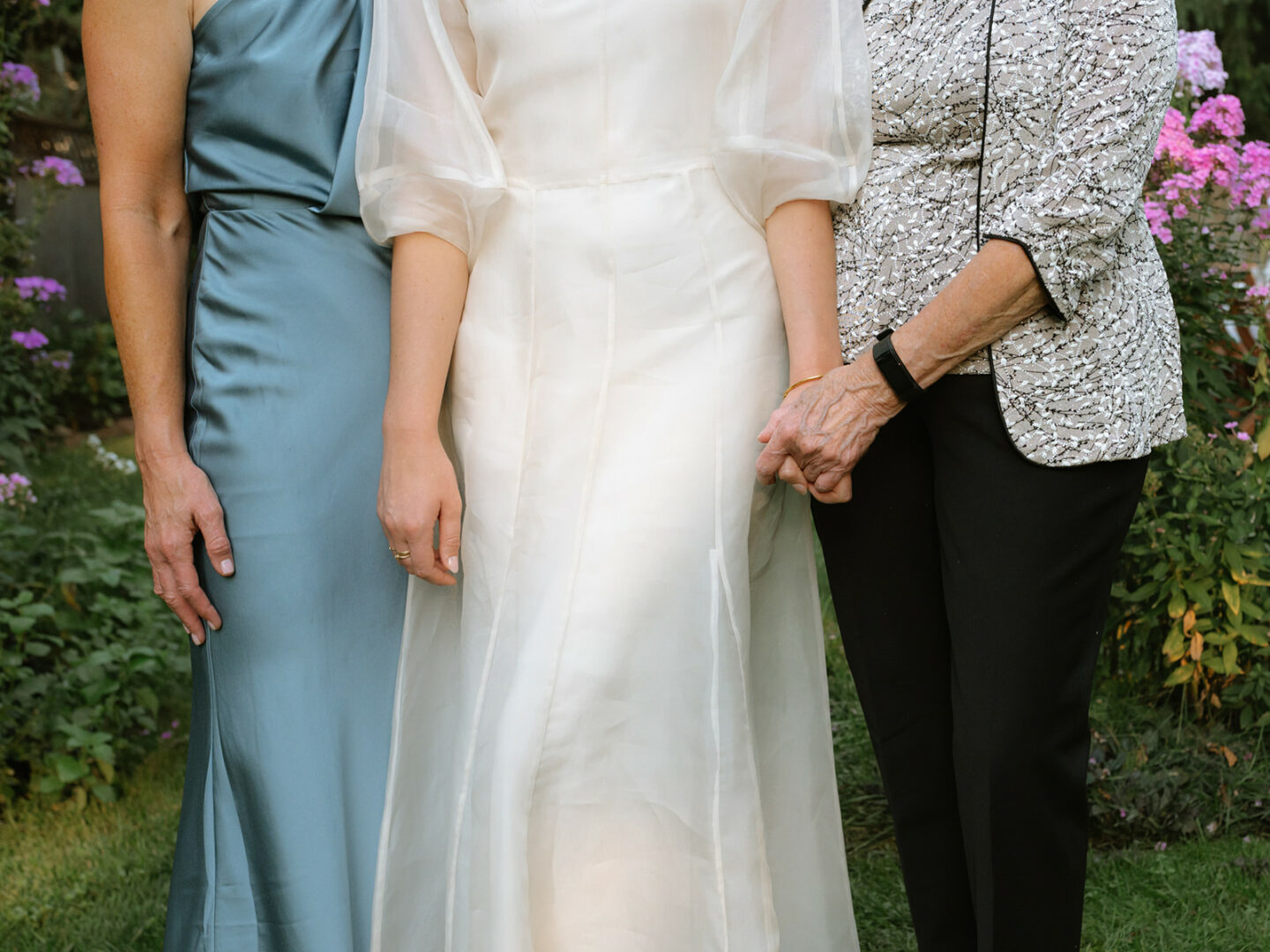
Great, so let’s take a few minutes and cover your story. What should folks know about you and what you do?
I’ve had a camera in my hand since I was a little kid, I would take endless pictures of friends and family with disposable cameras. Human connection has always been big for me. I took a black and white photography class when I was a junior in high school, then started slowly shooting weddings in my early 20s and it snowballed from there.
Connection between people has continued to play the biggest role in what I love to photograph and how I approach photography, I consider myself a documentary photographer with a cinematic flare, and that’s how I approach photographing a wedding day. I like to allow people to interact naturally, not interfering and changing the scene too much. But when the time calls for it, I love directing so as to amplify the story that’s organically unfolding. We go about our lives every day in such a beautiful way, moving naturally within the relationships we have with our loved ones. I don’t need to arrange people to photograph the beauty that lives in genuine moments; it exists on its own.
Being a wedding photographer, I get to be a part of one of the most important days in a couple’s journey. There’s so much emotion that lives inside of a wedding day. I am fortunate enough to be let in on that and record the memories that people will pass down for generations. How amazing is that?
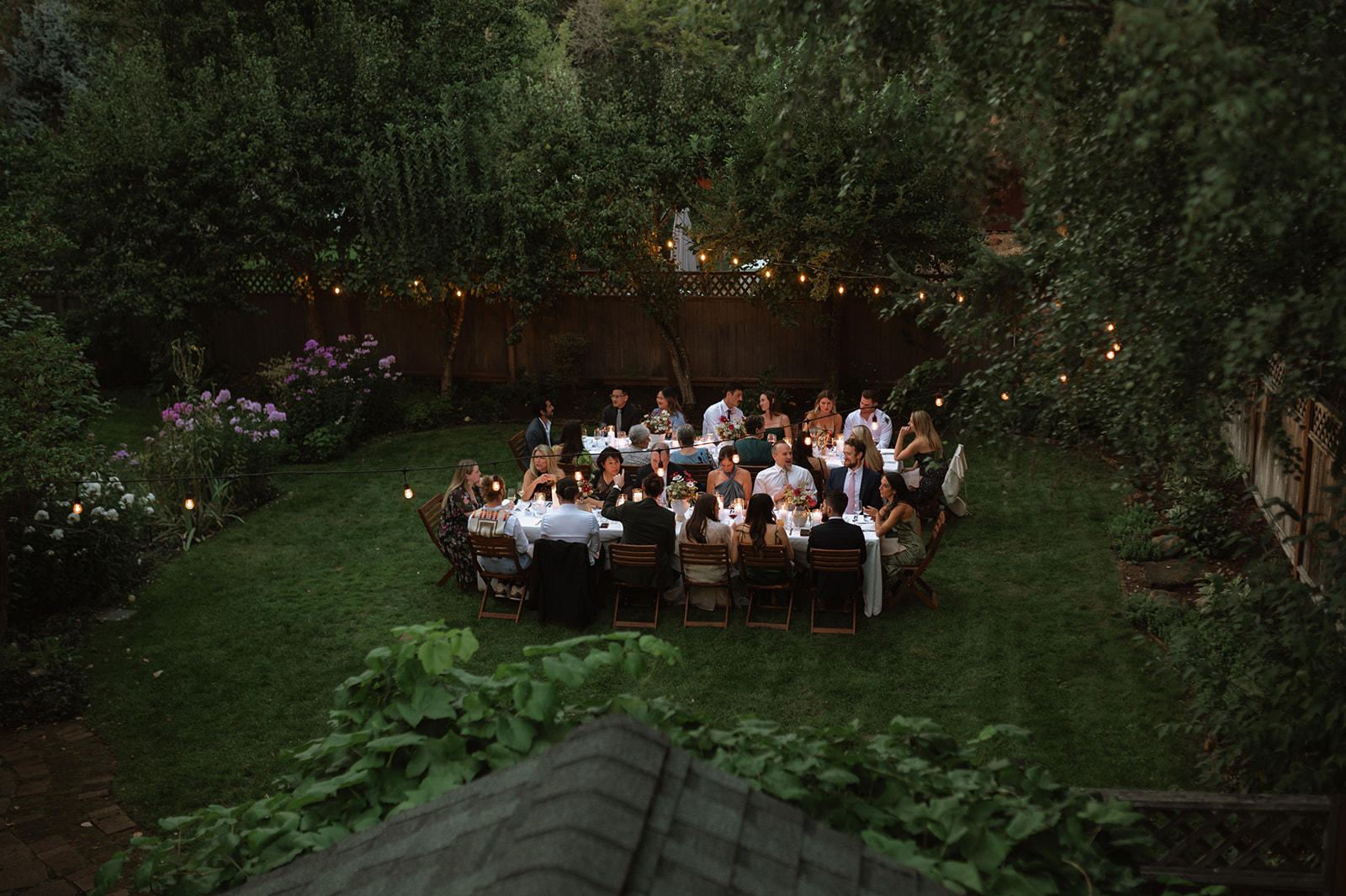

If you had to pick three qualities that are most important to develop, which three would you say matter most?
1. A lot of people get nervous when a camera is around, so learning how to put people at ease is important if you’re documenting candid moments and wanting to preserve real emotion. Get to know your clients, connect with them on a deep level, ask them questions and tell them stories about your own life. All of this helps to keep to mood relaxed and gives folks permission to be themselves.
2. Be an observer of people. You’ll learn what folks are telling you through their body language, you’ll learn when to snap the photo or to wait, you’ll learn how to anticipate what’s coming next. Observing gives you so much useful information when it comes to working with couples. You pick up on how they act and move together naturally. Therefore, you can let them be themselves and document them in a way where they’ll see depth in their photos that a stiff, generic pose would rarely achieve.
3. Understand your camera and camera system, take it with you everywhere, let it become an appendage. If you know it in and out, you’ll be able to keep your attention on what’s playing out around you rather than trying to figure out settings and potentially missing something beautiful.
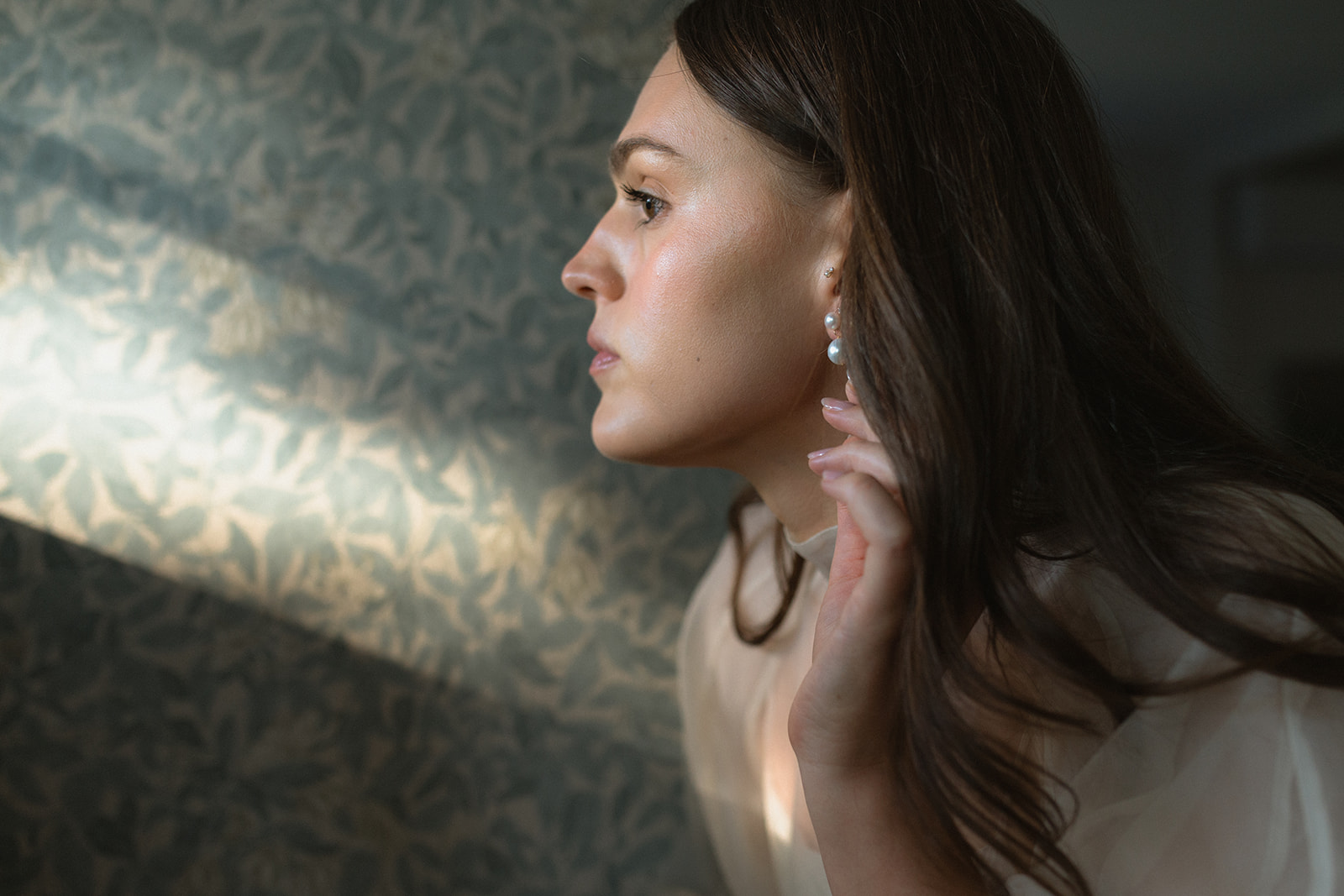
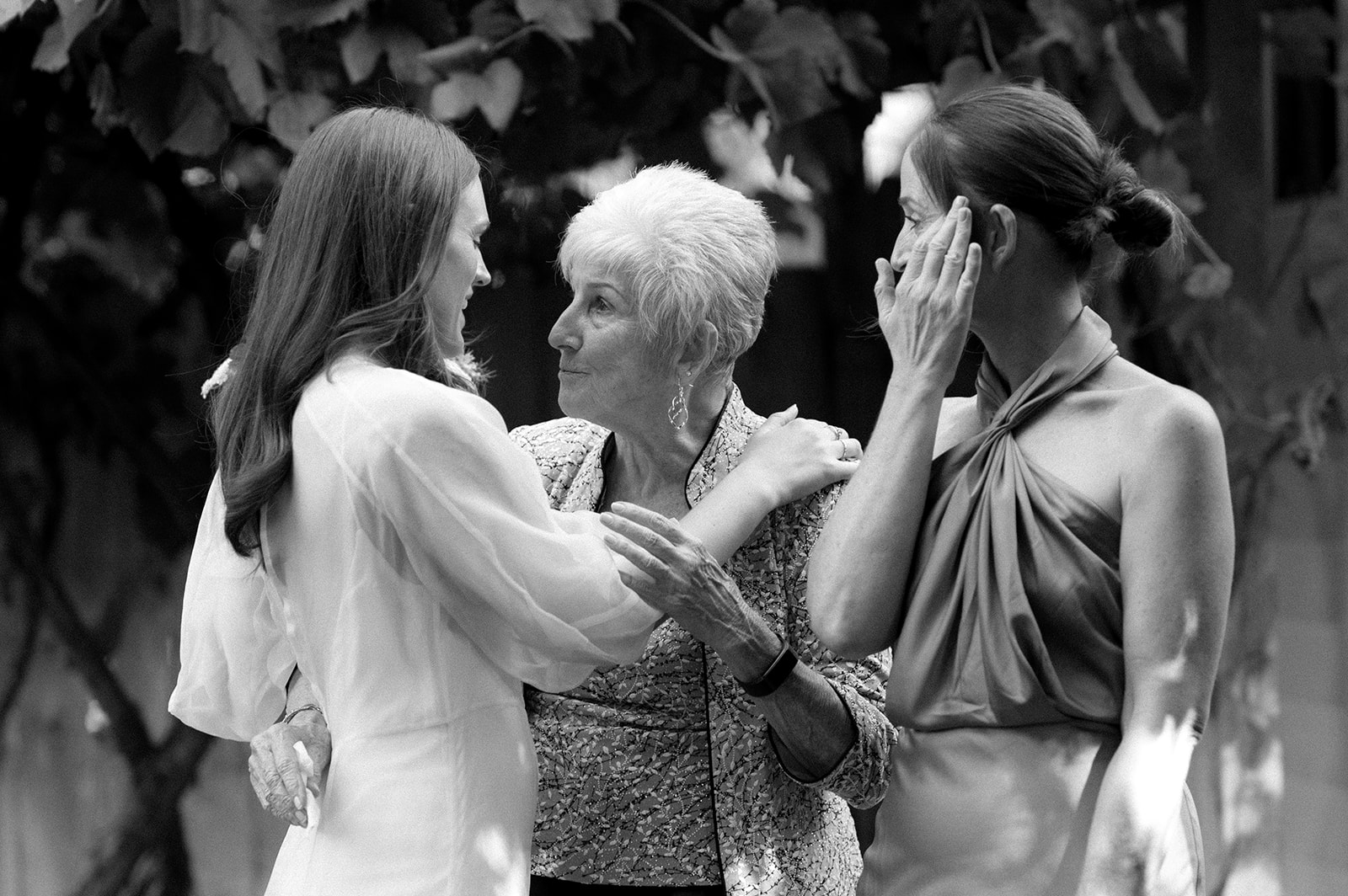
What was the most impactful thing your parents did for you?
They let me play. My parents encouraged my creativity and silliness, they paid for loads of disposable cameras and lab processing when I was a (90s) kid. They surprised me with my first digital camera when I started dabbling in wedding photography. That kind of support and encouragement is still present, like driving hours to see a gallery opening that I have had worked displayed in. They’re just wonderful and always have such faith in me.
Contact Info:
- Website: https://elissadelinephotography.com
- Instagram: @elissadeline
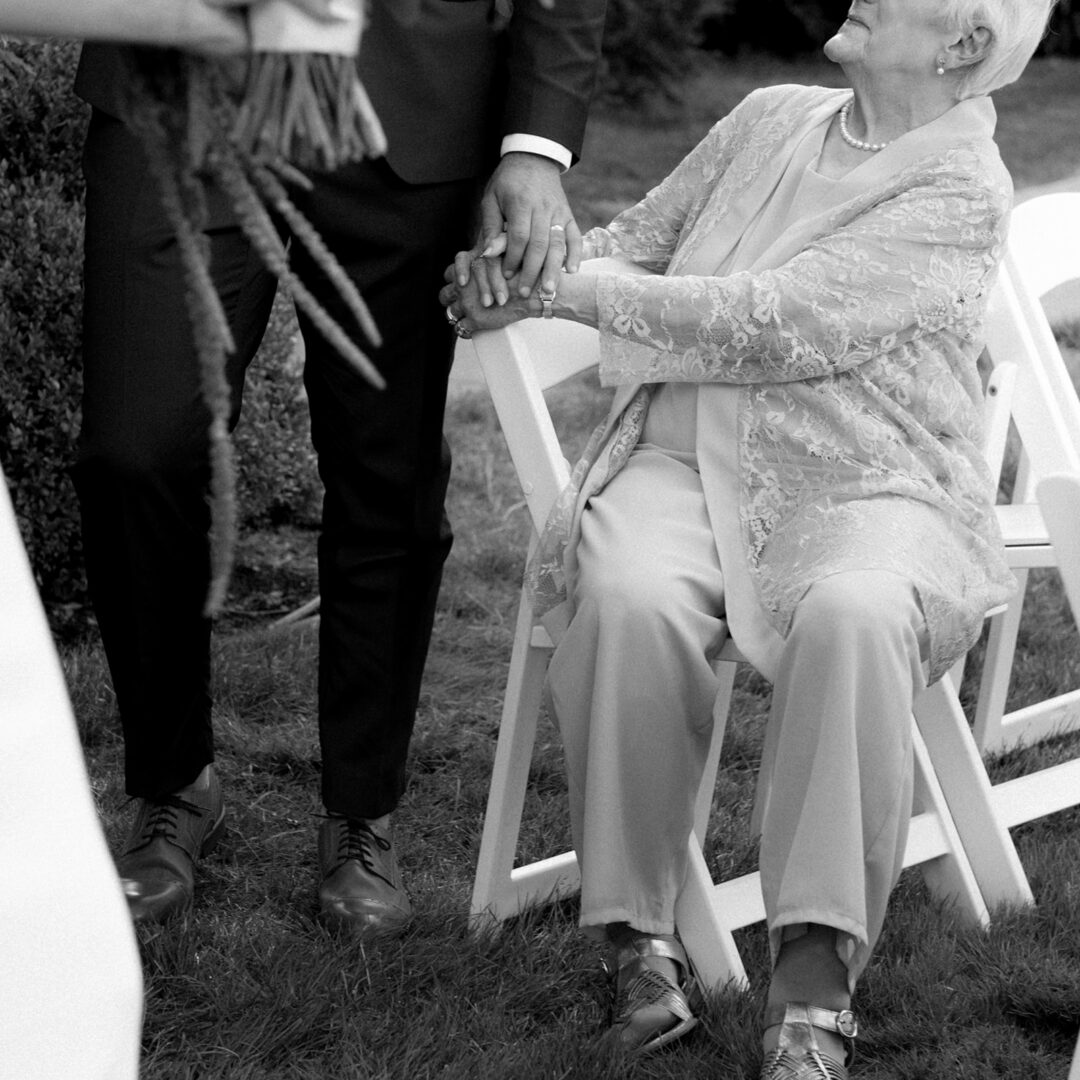
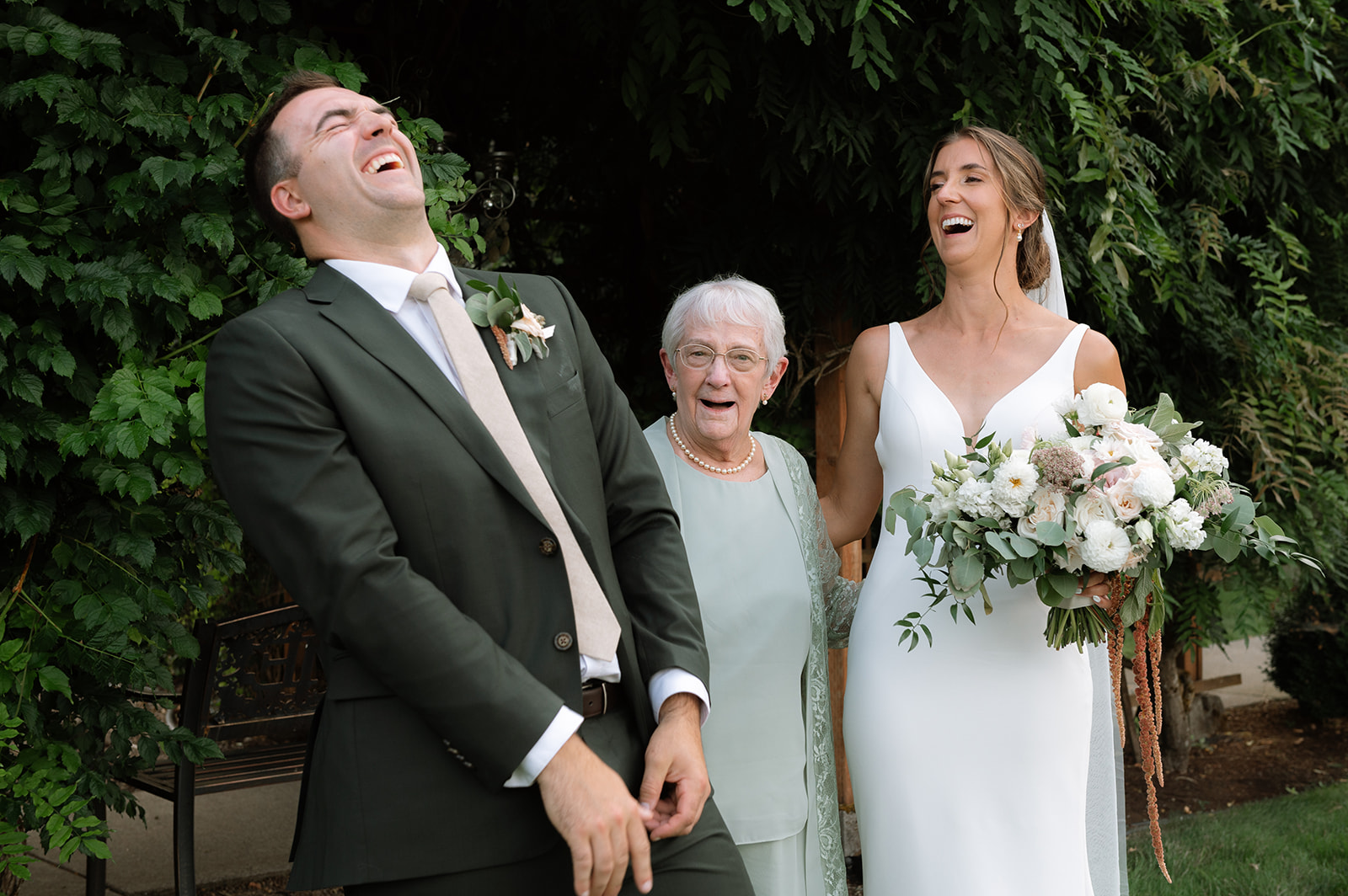
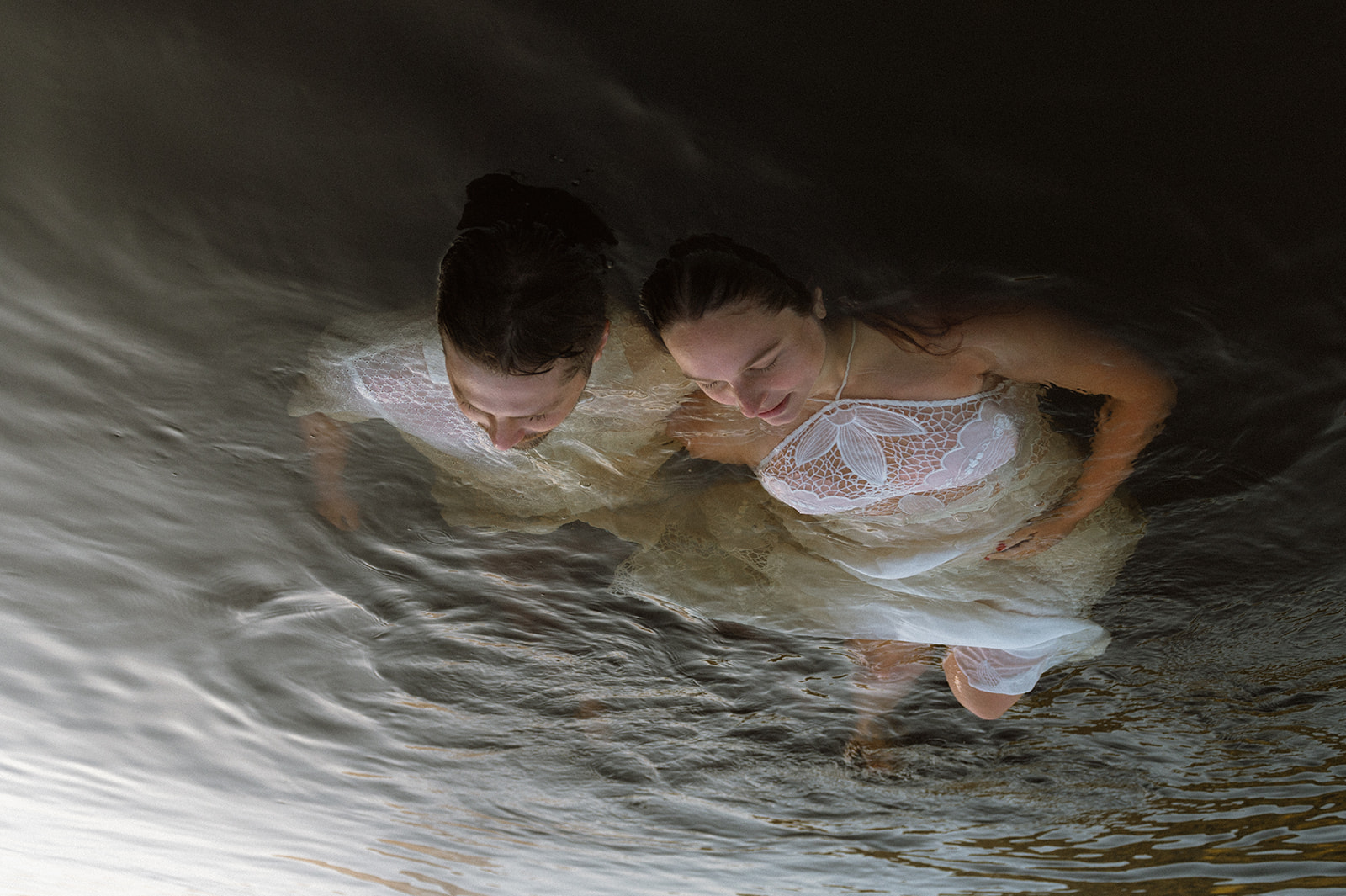
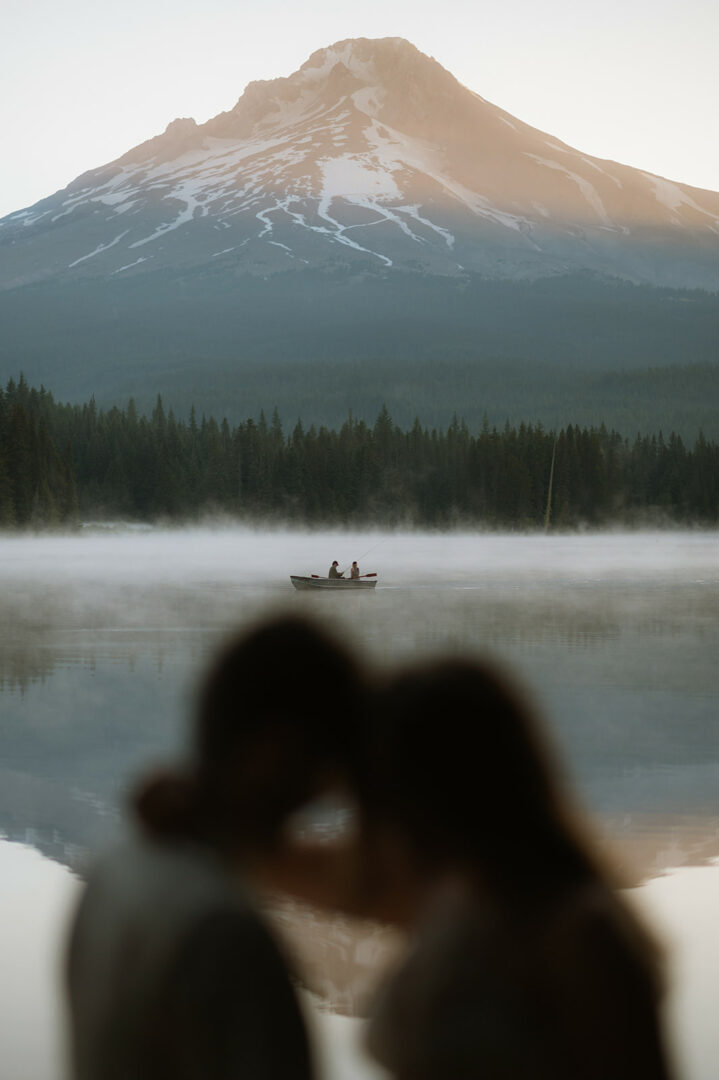
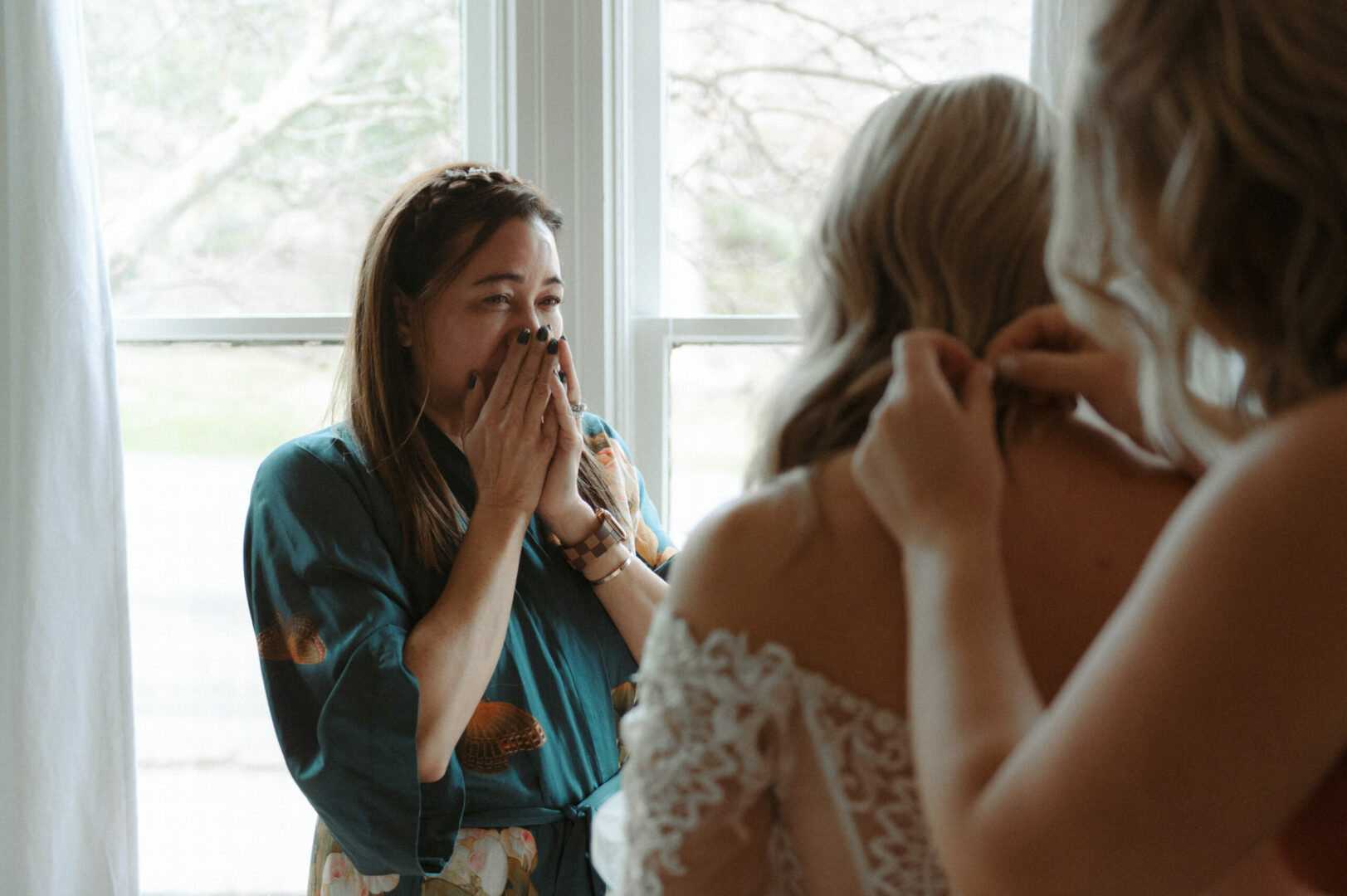
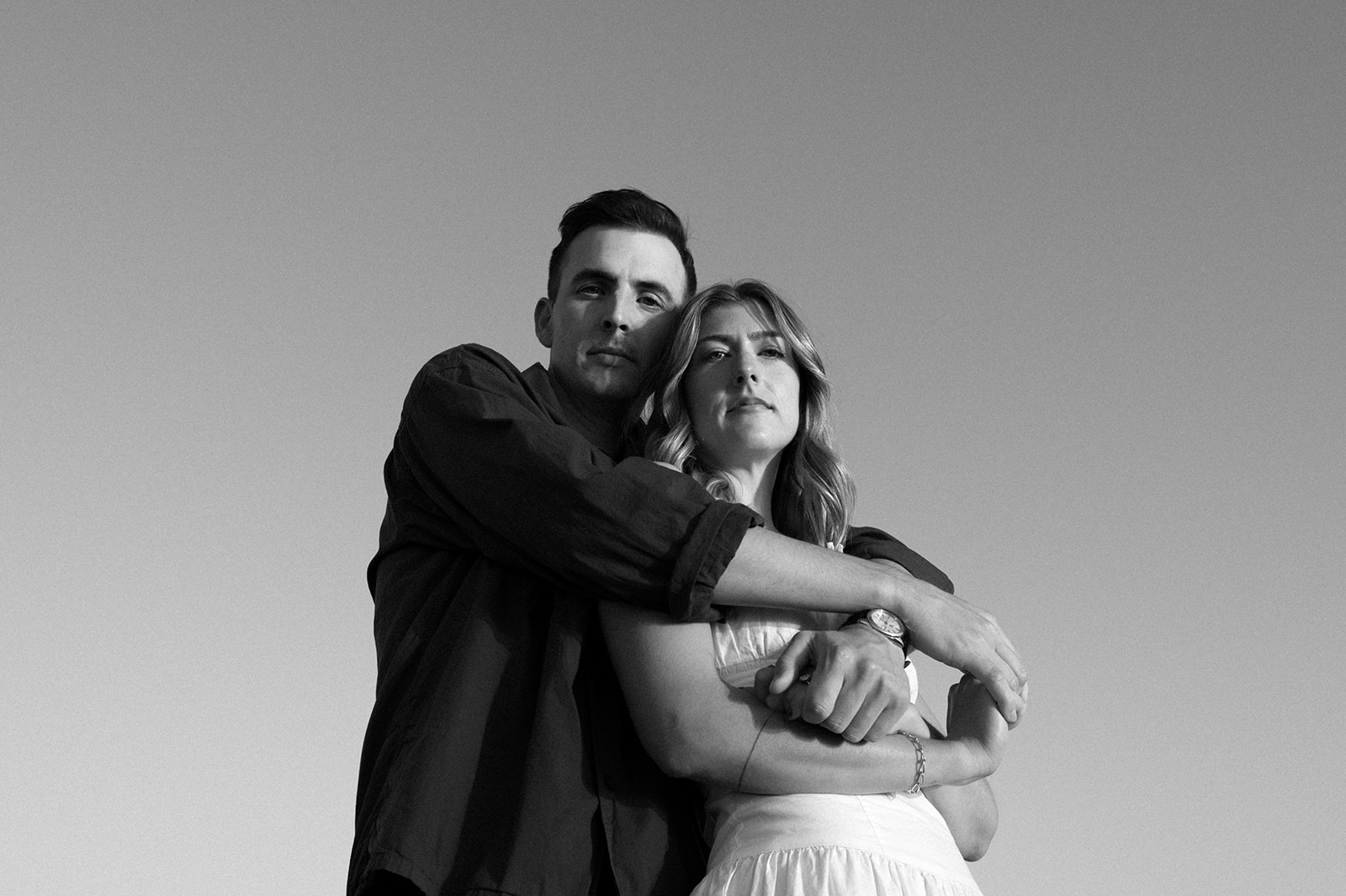
Image Credits
Portrait of me was taken by James Escobar @Justmejames on Instagram.
so if you or someone you know deserves recognition please let us know here.

